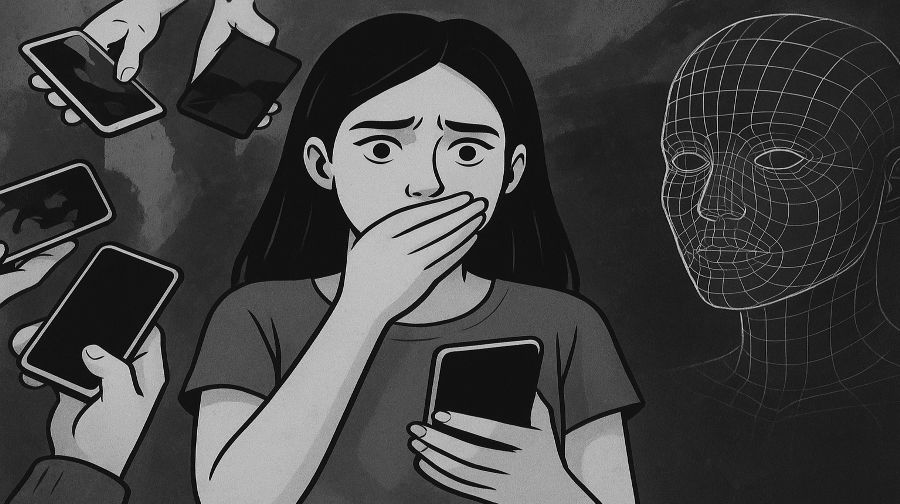 As artificial intelligence continues to evolve, it is also fuelling a rise in online sexual offences, a growing form of cybercrime around the world. Bhutan is no exception, and young people are increasingly falling victim to hidden predators. So far this year, the police have recorded seven cases of sexual offences committed online.
As artificial intelligence continues to evolve, it is also fuelling a rise in online sexual offences, a growing form of cybercrime around the world. Bhutan is no exception, and young people are increasingly falling victim to hidden predators. So far this year, the police have recorded seven cases of sexual offences committed online.
Among the cases of sexual offences online, deepfake cases are becoming common.
Deepfakes are AI-generated images, videos, or audio recordings that falsely depict individuals doing or saying things they never did. Offenders often use them to intimidate, shame, or manipulate victims.
Recently, police in Thimphu and Samdrup Jongkhar registered three separate deepfake cases involving teenage girls.
According to police, the girls were harassed, defamed, blackmailed, and subjected to obscene communication online.
Following investigations, a 22-year-old man in Wangdue Phodrang, suspected to be the perpetrator, was arrested.
The guardians say the girls were targeted through social media and were blackmailed. Fake accounts online threatened them that they would make the manipulated photos and videos of the girls go viral, unless the girls stripped, went on naked video calls, or shared explicit content online.
“After my daughter received those images and clips, she stayed quiet for a long time, unsure of what to do. Eventually, she told her teacher, who advised her to report it to the police,” said a mother.
“This has become a threat to my child’s safety. I even informed the police that she might be in danger when leaving for school. She cried at home because the man kept calling her throughout the night. So, I handed her phone over to the police,” added a guardian.
Police believe there may be more unreported cases and say investigations are still ongoing.
Creating and sharing such content without a person’s consent is a criminal offence.
According to the Penal Code of Bhutan 2004, defamation, blackmail and harassment are classified as a fourth-degree felony, a misdemeanour, and a petty misdemeanour, respectively. Offenders may be liable to a prison term ranging from one month to five years.
According to the BICMA Act, publishing or transmitting obscene content involving children is a fourth-degree felony, punishable by a prison term of three to five years.
Violating someone’s bodily privacy is classified as a misdemeanour and carries a prison sentence of one to three years.
Authorities advise young people to exercise caution when using the internet and avoid sharing personal details or explicit images that could be misused.
Further, parents and guardians are encouraged to maintain open communication with their children, monitor online activities, and use parental control tools.
Authorities say one should not respond if threatened, but instead save evidence like screenshots and report the situation to a trusted adult, teacher, or the police.
Kinzang Lhadon
Edited by Sangay Chezom






